Home » Diet & Food »
20 Foods High In Vitamin C Beyond Just Oranges
Raise your hand if you start going hard on the OJ the second you get the sniffles. Yep, same. If oranges aren’t your jam, though, there are plenty of other foods high in vitamin C in the produce aisle.
Can they singlehandedly wipe out a cold, though? Probably not so much. (Don’t shoot the messenger!) But vitamin C is still “one of the most important nutrients in our body for overall health,” says nutritionist Liz Weinandy, RD, of The Ohio State University’s Wexner Medical Center.
Vitamin C’s benefits include a stronger immune system and lower levels of damaging free radicals in your body, which make the antioxidant important for disease prevention, says Weinandy.
In fact, vitamin C may play a vital role in reducing your risk of heart disease—and even improve quality of life for cancer patients, suggests research from the National Institutes of Health.
Another interesting perk of eating your vitamin C: It helps you maximize your absorption of plant-based iron to ward off conditions like anemia. So, make sure to pair those lentils, spinach, or tofu with vitamin C, plant-based eaters.
To reap the benefits of vitamin C, you should get at least 75 milligrams of the good stuff daily, ideally from foods, says Weinandy. While supplements are okay, they’re not ideal. (FYI: The U.S. Preventative Services Task Force doesn’t advocate for the consumption of supplements due to conflicting data on their efficacy, according to Harvard University.)
Lucky for you, getting your daily dose of vitamin C is pretty easy to do; just nosh on the following high-vitamin C foods throughout the day.
1. Lychee
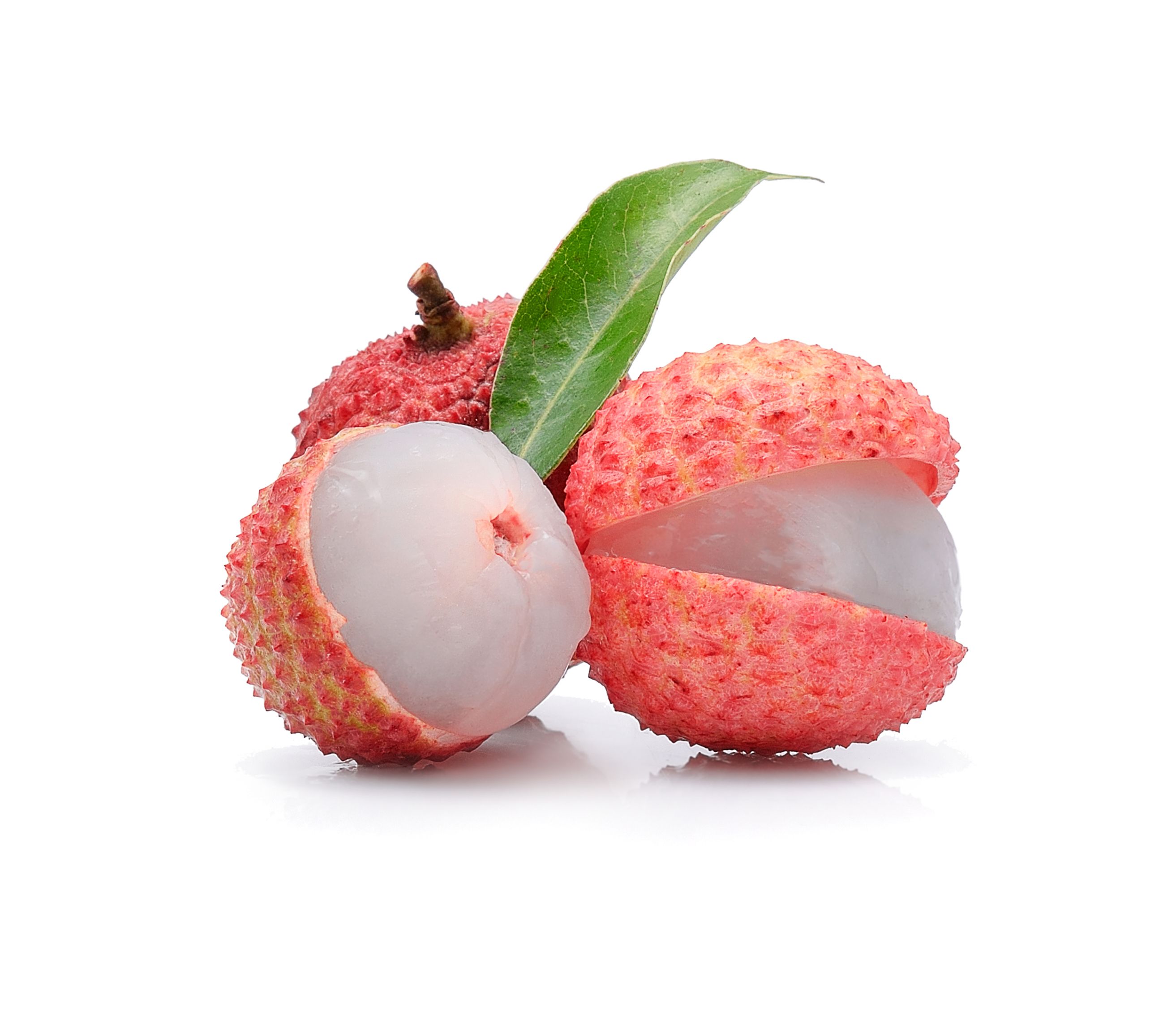
The fragrant, tropical aroma of these bite-sized fruits are enough reason to add them to your diet, but they just so happen to be loaded with vitamin C (136 milligrams per cup, to be exact), too.
Per one-cup serving: 125 calories, 1 g fat (0 g sat fat), 2 mg sodium, 31 g carbohydrates, 29 g sugar, 3 g fiber, 2 g protein
2. Brussels Sprouts
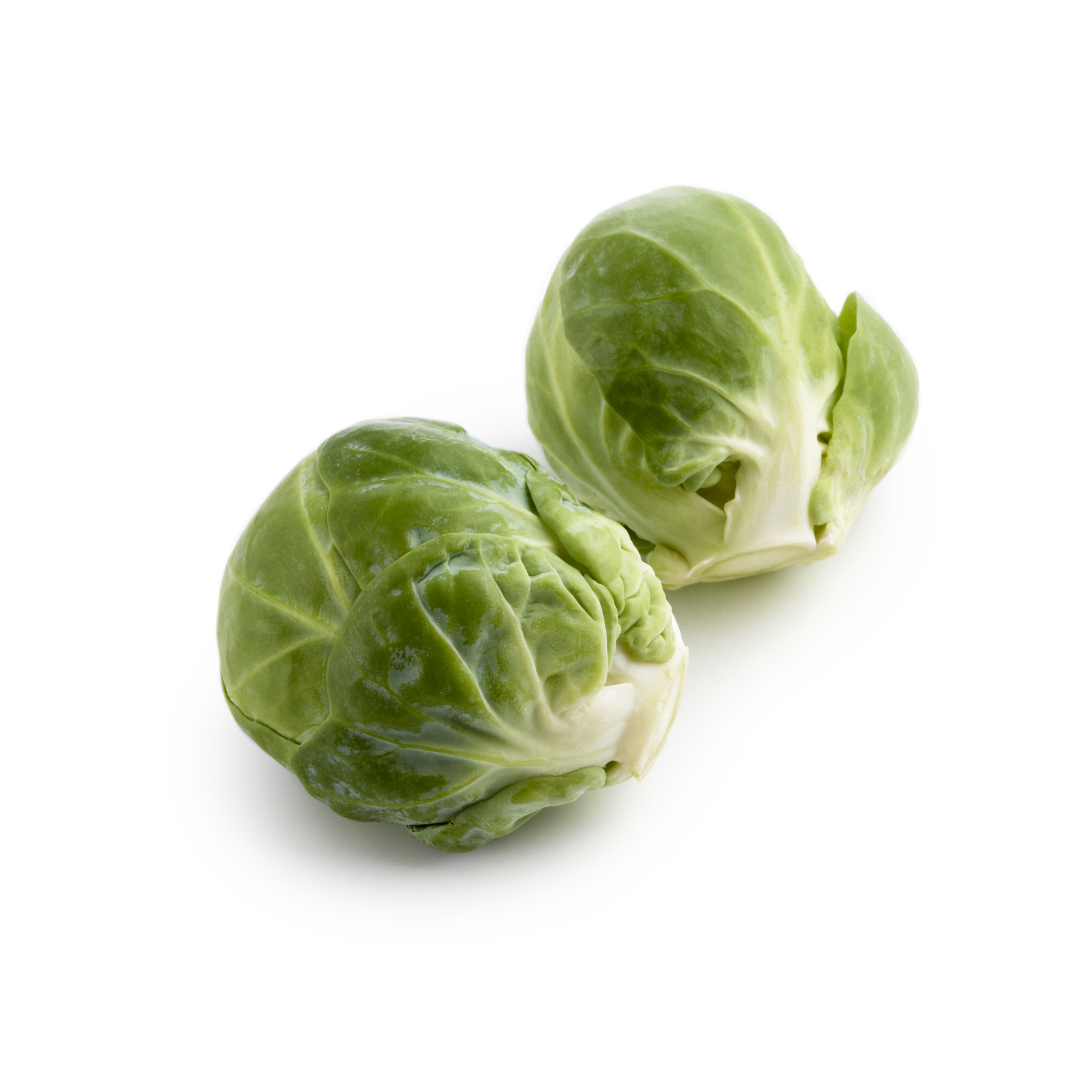
Brussels look like tiny brains, and their super-high vitamin C content (75 milligrams per serving) might actually help boost brain health. Roast them in the oven or shred them into salad for a surprising crunch.
Per one-cup serving: 38 calories, 0 g fat (0 g sat fat), 22 mg sodium, 8 g carbohydrates, 2 g sugar, 3 g fiber, 3 g protein
3.Blackcurrants
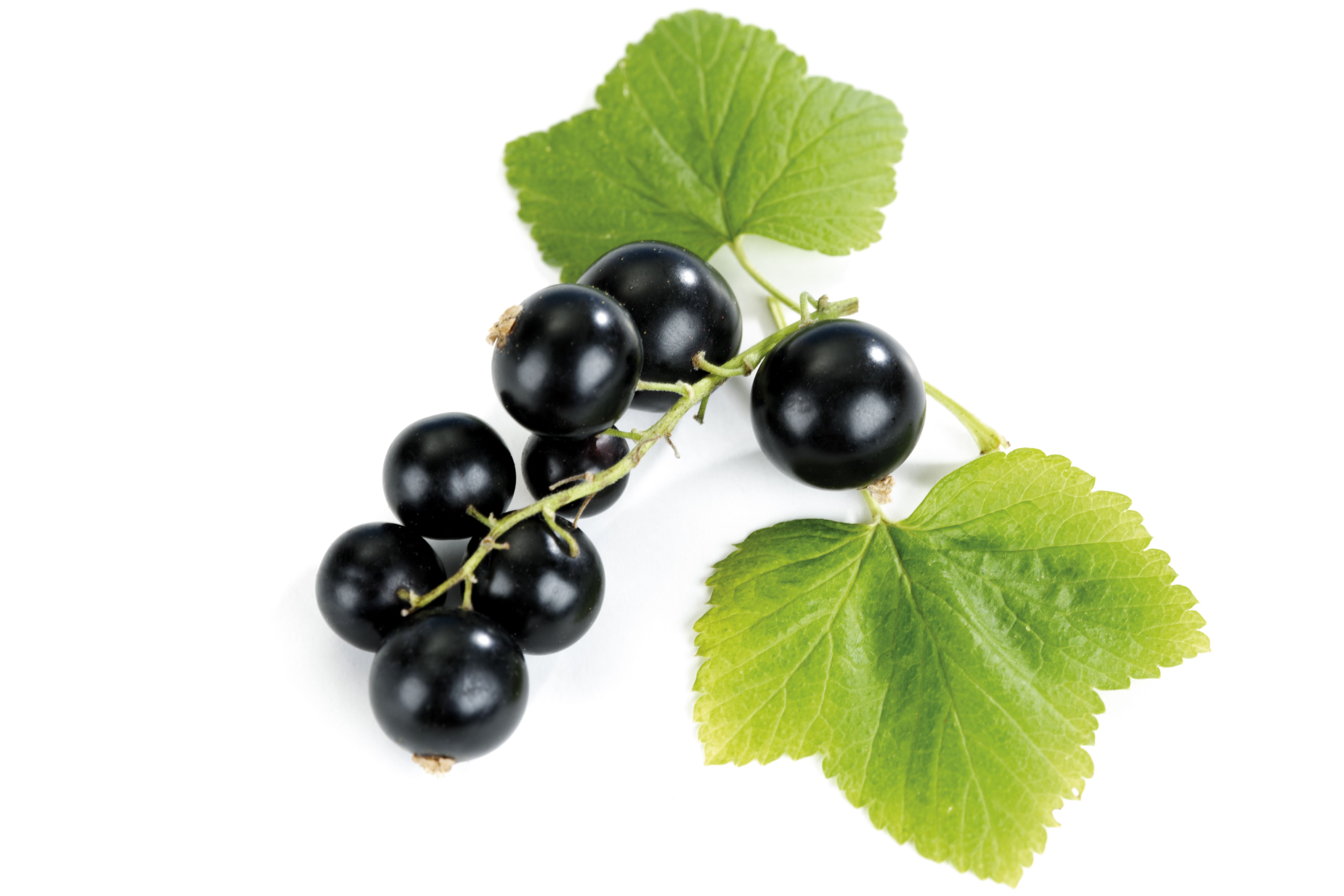
If you love the refreshing sharp taste of blackberries, swap them out for blackcurrants, which, at 203 milligrams per serving, contain nearly seven times more vitamin C.
Per one-cup serving: 71 calories, 0.5 g fat (0 g sat fat), 2 mg sodium, 17 g carbohydrates, 2 g sugar, 3 g fiber, 2 g protein
4.Mango
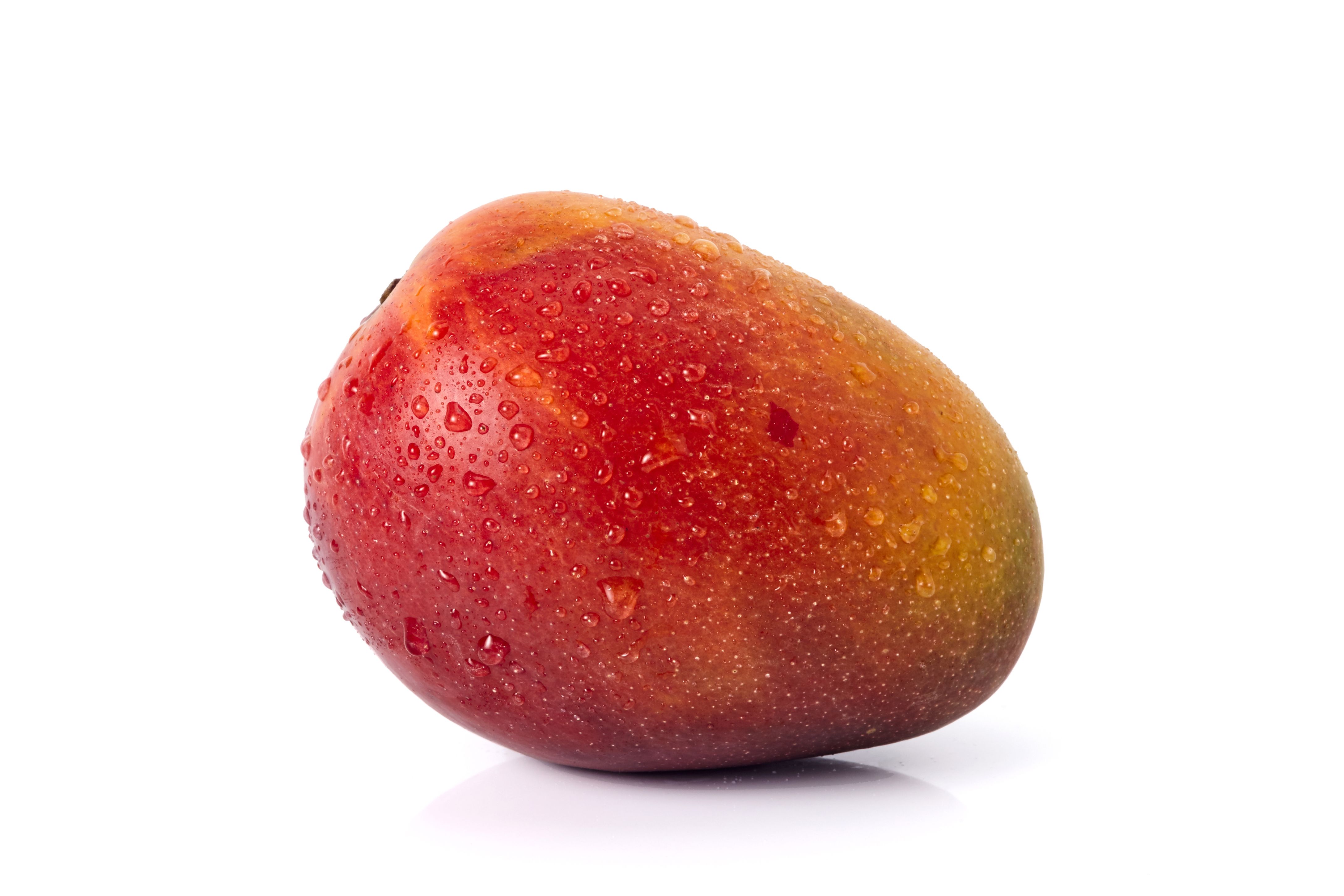
Conveniently, some of the sweetest fruits out there not only transport you right back to your favorite beach vaca, but also happen to be super nutritious. One mango, for example, contains 75 milligrams of vitamin C.
Per mango: 124 calories, 1 g fat (0 g sat fat), 2 mg sodium, 31 g carbohydrates, 28 g sugar, 3 g fiber, 2 g protein
5.Green Bell Pepper
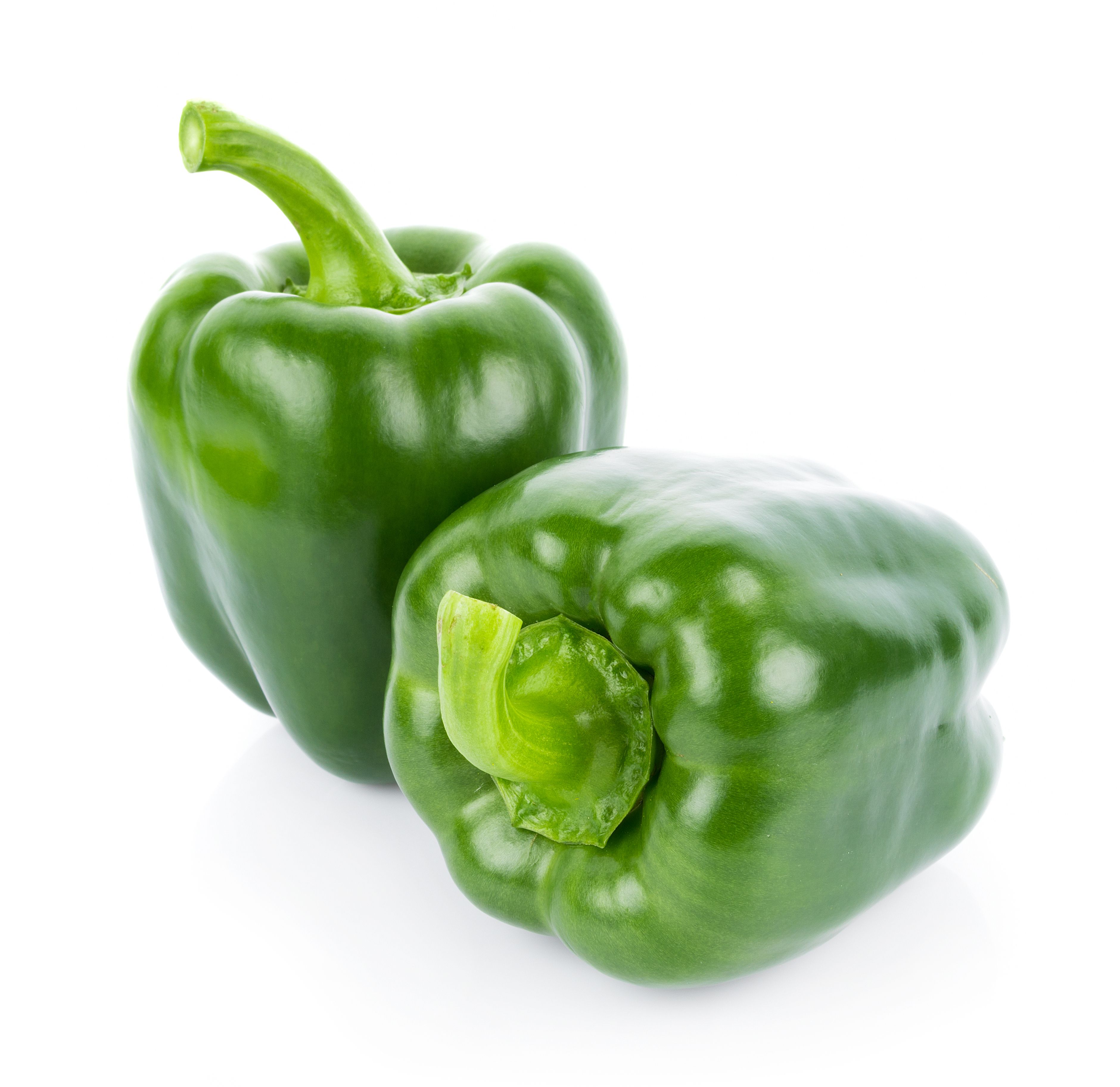
If you’re not into the sweeter taste of red bell pepper, its green counterpart is another immunity-boosting bet, with 120 milligrams of vitamin C per serving.
Per cup, chopped: 30 calories, 0 g fat (0 g sat fat), 5 mg sodium, 7 g carbohydrates, 4 g sugar, 3 g fiber, 1g protein
6.Cauliflower
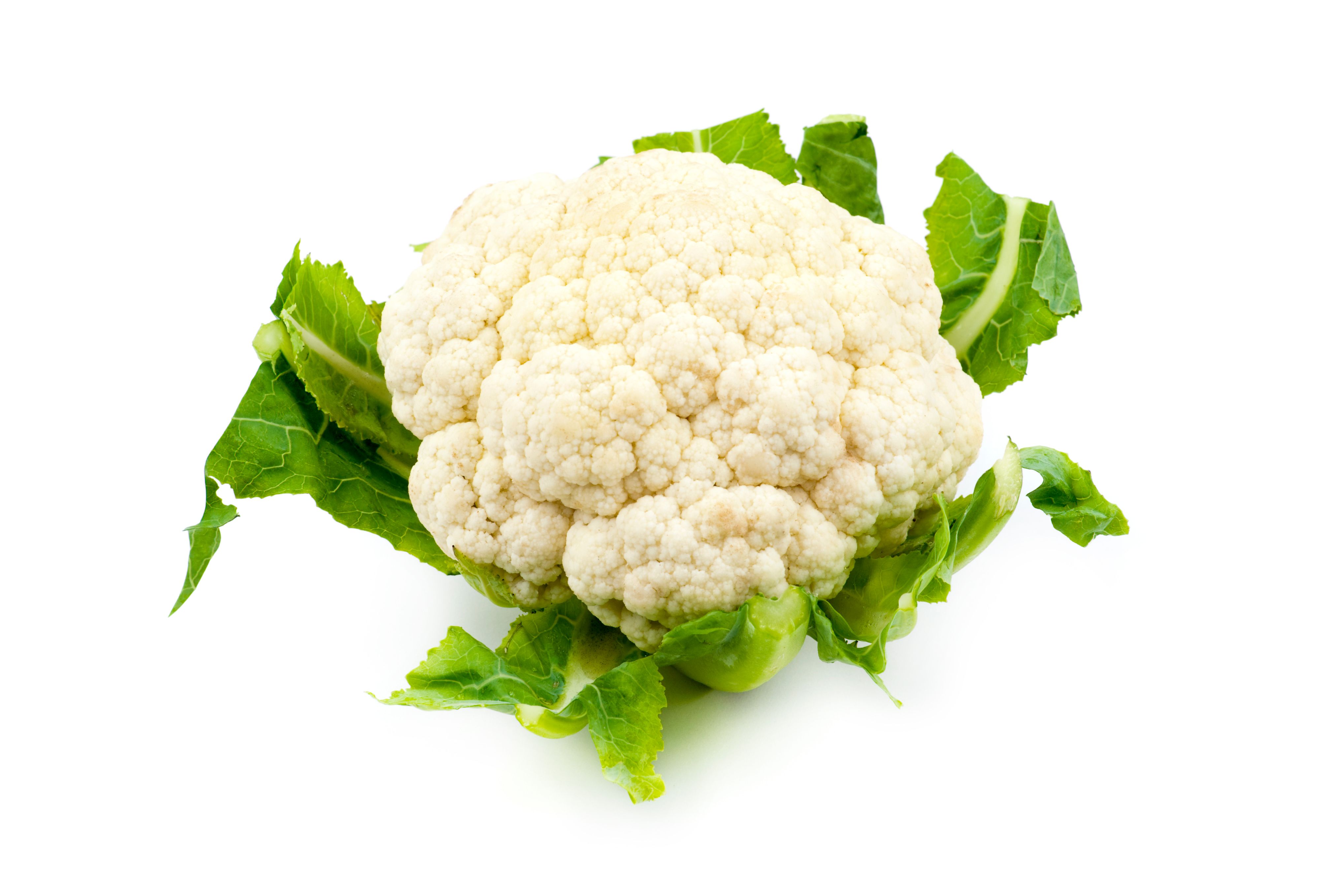
Whether you dip florets in ranch or rice cauliflower up in a stir-fry, one small head packs a whopping 128 milligrams of vitamin C. Plus, it’s a good source of filling fiber.
Per small cauliflower: 66 calories, 1 g fat (0 g sat fat), 80 mg sodium, 13 g carbohydrates, 5 g sugar, 5 g fiber, 5 g protein
7. Oranges
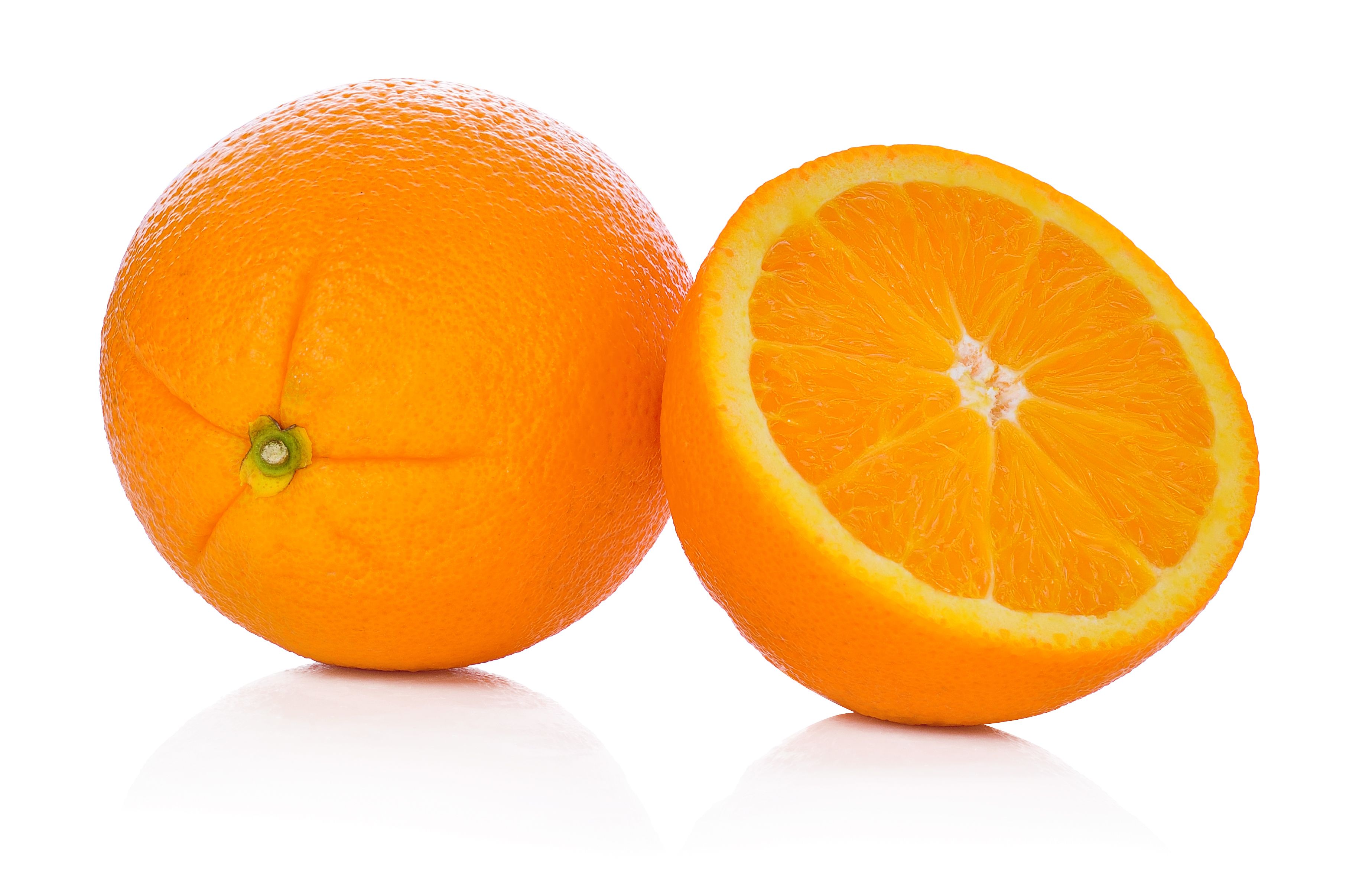
There’s a reason your mind jump to oranges when you think vitamin C: Just one medium-sized fruit contains an impressive 70 milligrams of the antioxidant. Their high flavonoid content has also been linked to reduced instances of macular degeneration and heart disease.
Per medium orange: 62 calories, 1 g fat (0 g sat fat), 0 mg sodium, 15 g carbohydrates, 12 g sugar, 3 g fiber, 1 g protein
8.Grapefruit
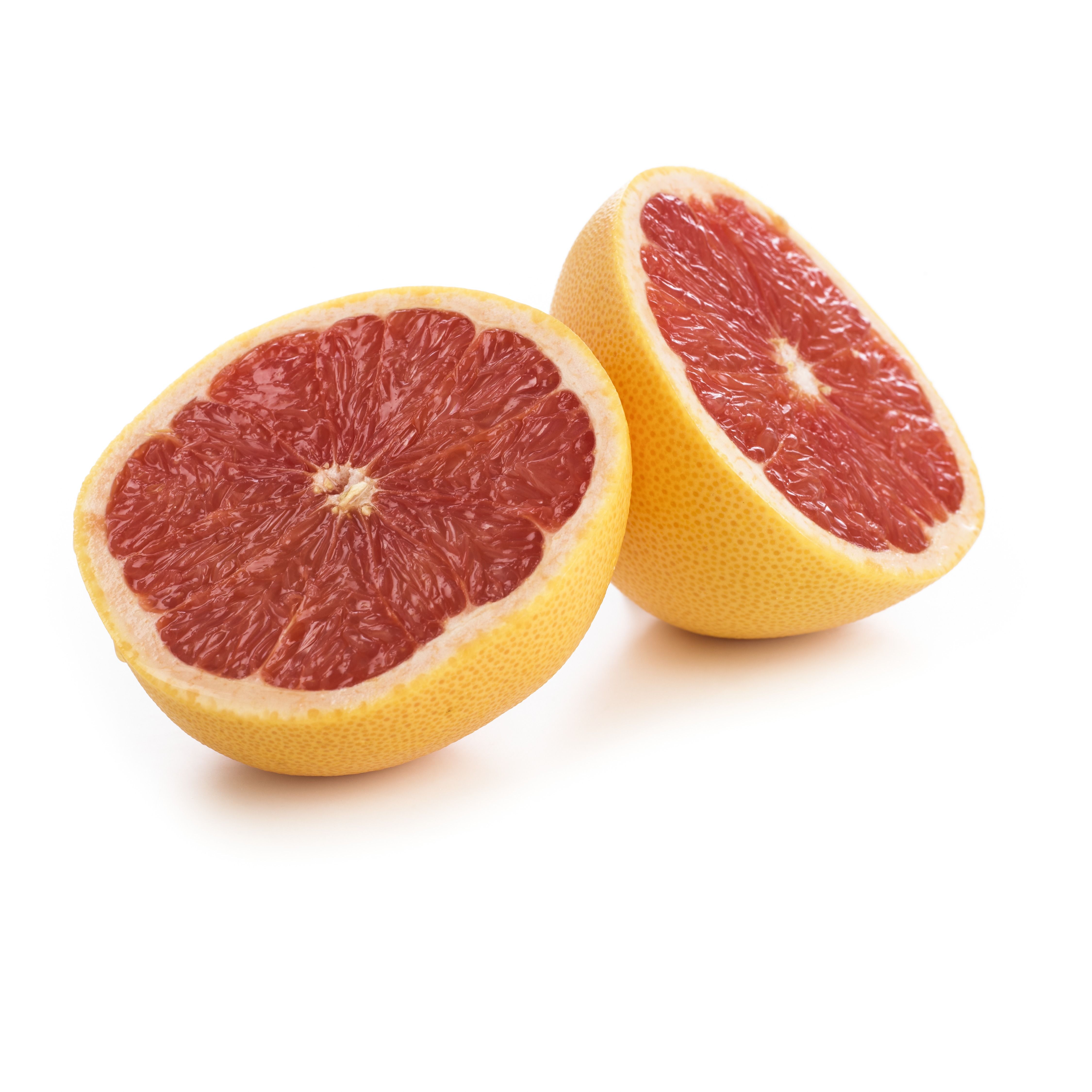
Got orange fatigue? Grapefruits are an even more potent, disease-fighting choice. With 88 milligrams of vitamin C per medium fruit, this zesty, tangy type of citrus is a great way to switch it up.
Per medium grapefruit: 82 calories, 0 g fat (0 g sat fat), 0 mg sodium, 21 g carbohydrates, 10 g sugar, 3 g fiber, 2 g protein
9.Tomato Juice
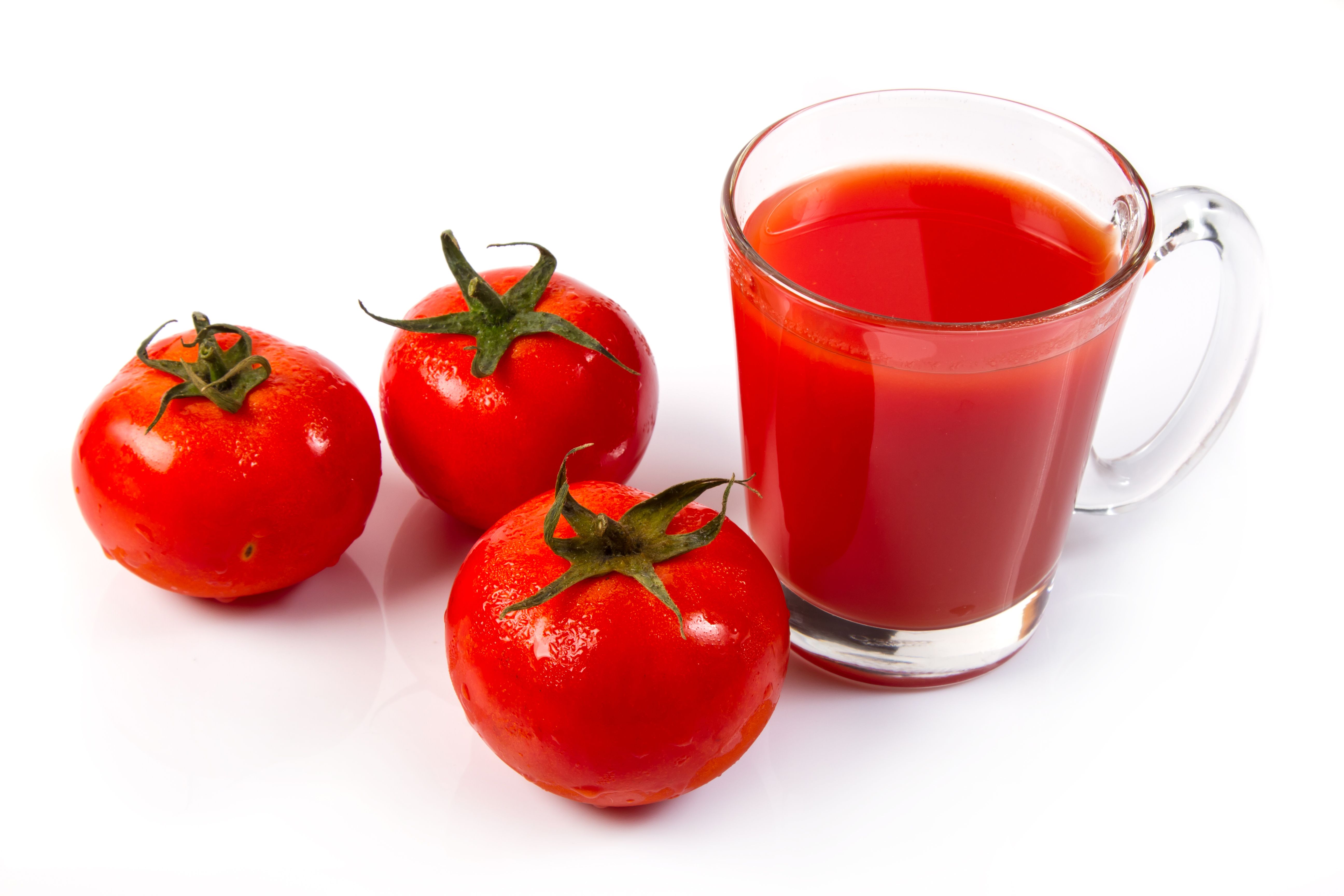
Just one cup of 100-percent tomato juice contains a whopping 174 milligrams of vitamin C. Permission to slurp down Bloody Mary mix? Granted. (Just opt for the low-sodium variety to do your blood pressure a solid.)
Per cup: 42 calories, 1 g fat (0 g sat fat), 25 mg sodium, 9 g carbohydrates, 6 g sugar, 1 g fiber, 2 g protein
10. Cantaloupe
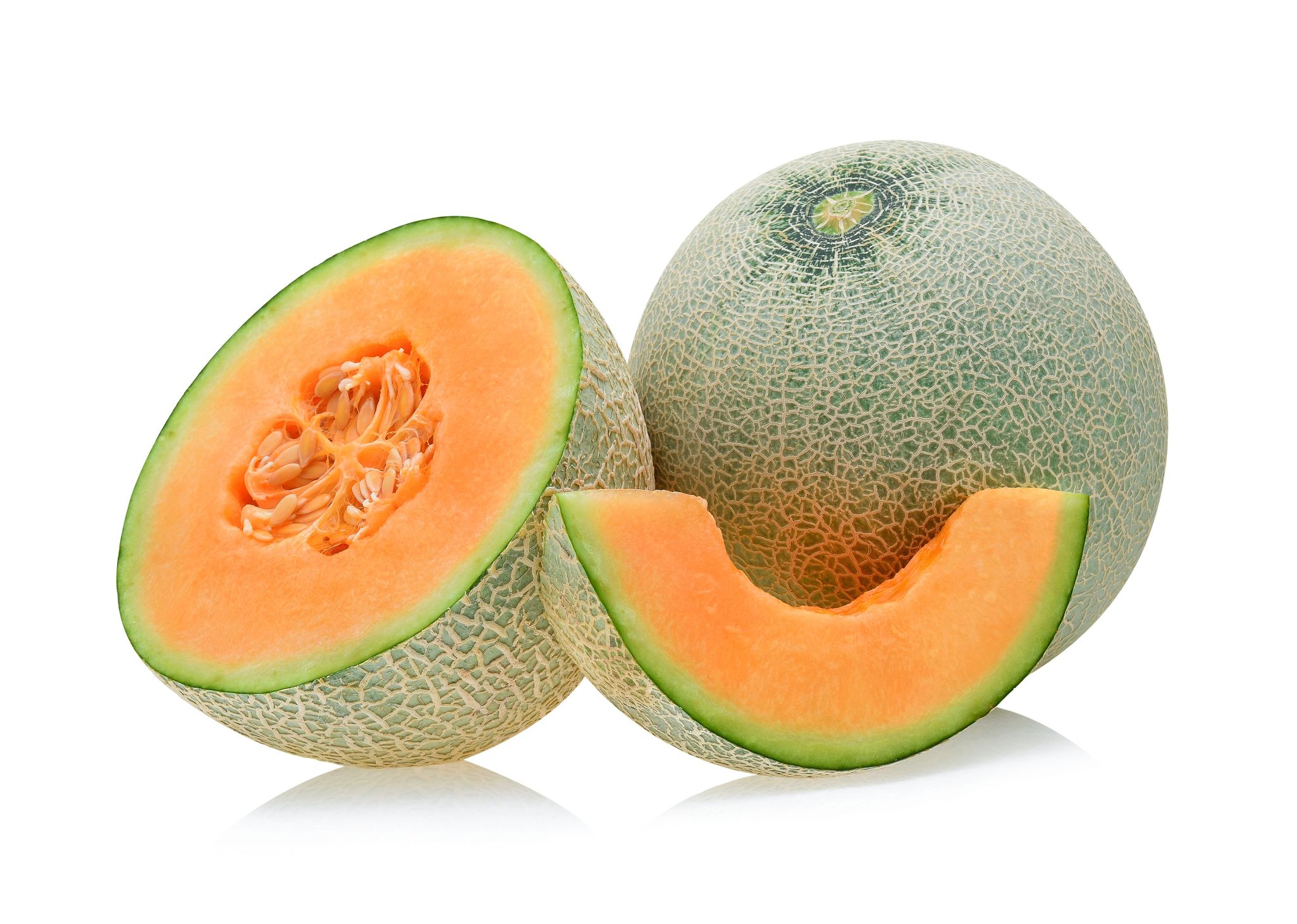
With its pretty color and fruit salad vibes, refreshing cantaloupe is a surprisingly solid source of vitamin C, providing 48 milligrams of the antioxidant per serving.
Per quarter of a medium melon: 50 calories, 0 g fat (0 g sat fat), 25 mg sodium, 12 g carbohydrates, 1 g sugar, 1 g fiber, 1 g protein
11. Red Bell Pepper
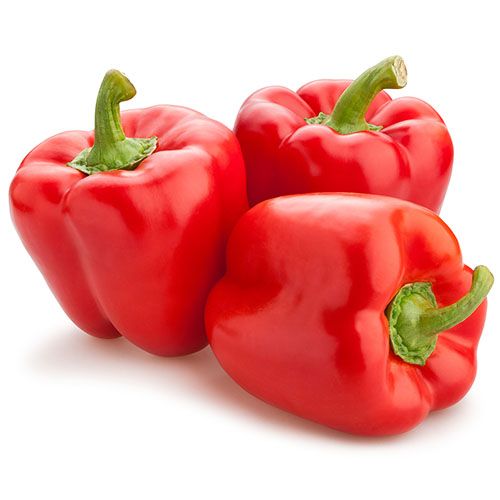
These veggies are colorful, crunchy, and incredibly low-cal—and a half-cup of chopped peppers packs 95 milligrams of vitamin C.
Per half cup, chopped: 19 calories, 0 g fat (0 g sat fat), 3 mg sodium, 4 g carbohydrates, 3 g of sugar, 2g fiber, 1 g protein
12. Papaya
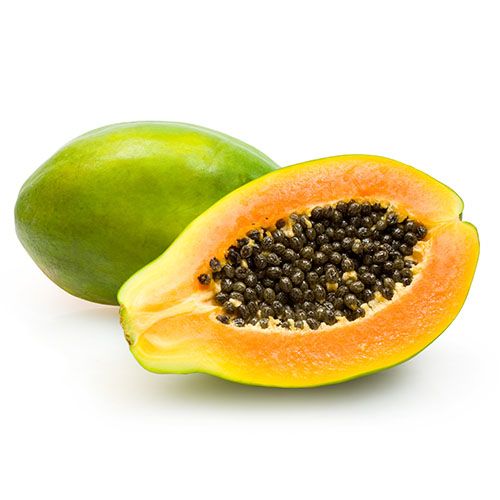
Each cup of papaya provides an impressive 88 milligrams of vitamin C. As an added bonus, the fruit’s also a good source of vitamin A and fiber.
Per cup of papaya pieces: 62 calories, 0.4 g fat (0 g sat fat), 12 mg sodium, 16 g carbohydrates, 11 g of sugar, 3 g fiber, 0.7 g protein
13. Guava
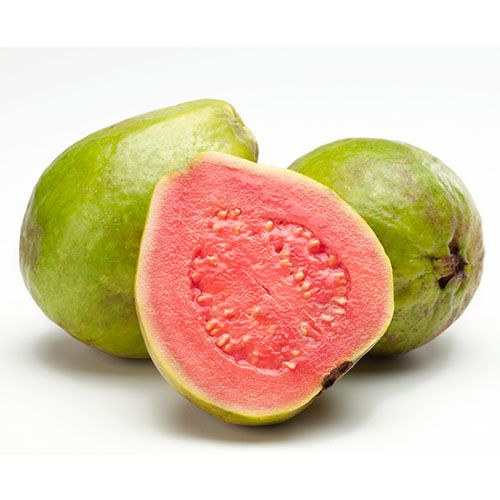
Nothing says summer like a tropical fruit–and this one packs an incredible 377 milligrams of vitamin C per cup. That’s five times your recommended daily intake!
Per one cup serving: 112 calories, 2 g fat (0 g sat fat), 3 mg sodium, 24 g carbohydrates, 15 g of sugar, 9 g fiber, 4 g protein
14. Broccoli
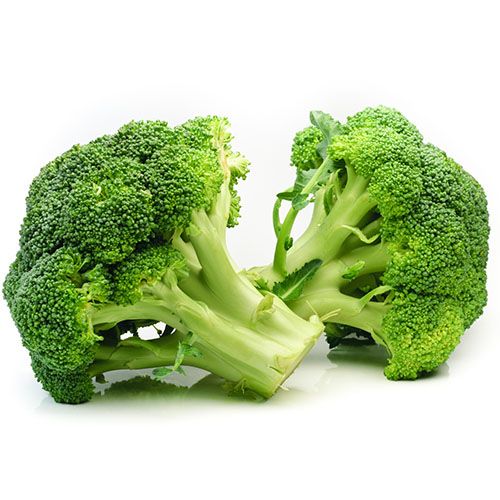
Make this your go-to green not just because of the C content (81 milligrams per cup of chopped broccoli), but because it’s also a surprising source of protein (nearly three grams!).
Per one cup serving, chopped: 31 calories, 0 g fat (0 g sat fat), 30 mg sodium, 6 g carbohydrates, 2 g of sugar, 2 g fiber, 3 g protein
15. Strawberries
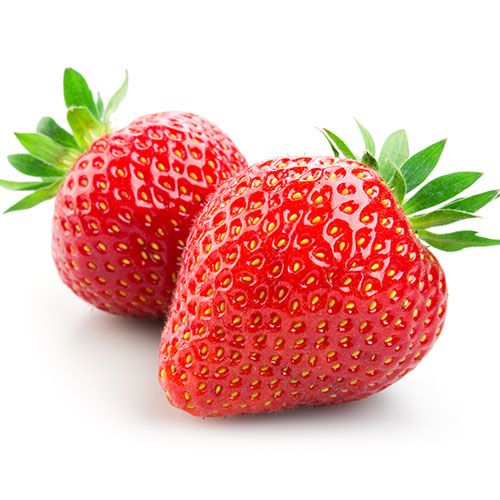
One cup of sliced strawberries has 98 milligrams of C. (So, strawberry shortcake is totally helping boost my immune system, right?)
Per one cup serving, sliced: 53 calories, 0.5 g fat (0 g sat fat), 2 mg sodium, 13 g carbohydrates, 8 g of sugar, 3 g fiber, 1 g protein
16. Yellow Kiwi
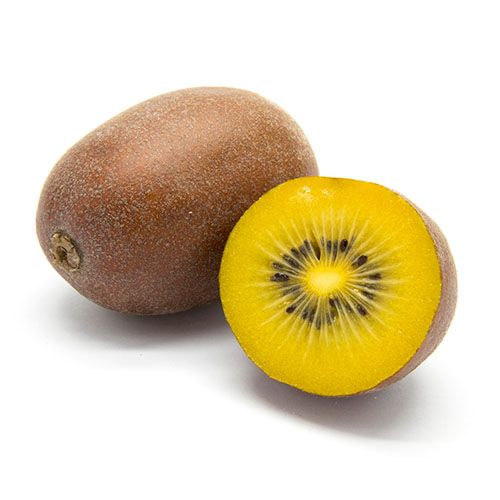
Grab SunGolds when you see them in the store. These beauts contain 130 milligrams of vitamin C per fruit—that’s two times the amount found in the traditional (and more familiar) green-fleshed fruit.
Per fruit: 51 calories, 0 g fat (0 g sat fat), 2 mg sodium, 13 g carbohydrates, 10 g of sugar, 1 g fiber, 1 g protei
17. Hot Green Chili Peppers
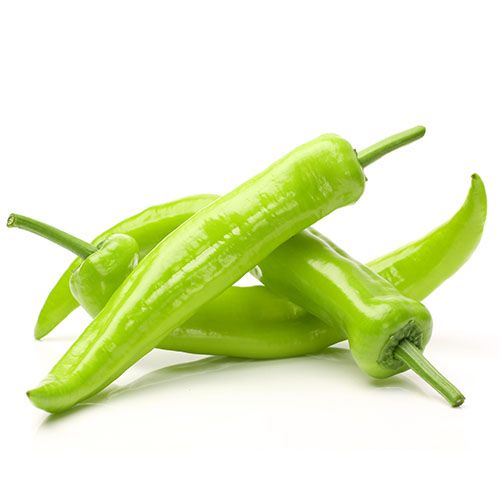
You know what they say, if you can’t take the heat…just one pepper packs a whopping 109 milligrams of vitamin C. Plus, research shows that spicing up your foods can turn up your metabolism.
Per pepper: 18 calories, 0 g fat (0 g sat fat), 3 mg sodium, 4 g carbohydrates, 2 g of sugar, 1 g fiber, 1 g protein
18. Kohlrabi
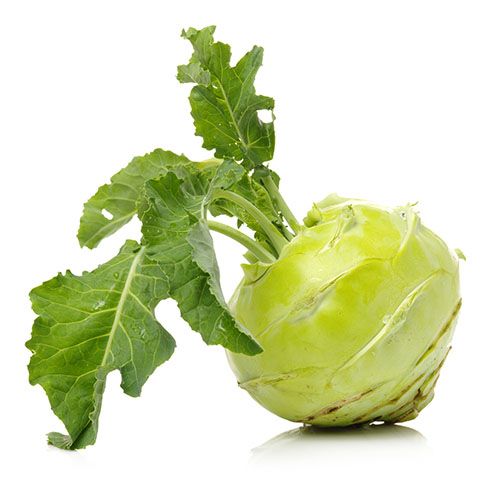
Not familiar with this veg? It’s a cabbage, though the texture is crisp and crunchy like jicama (not leafy). One cup packs a solid 84 milligrams of vitamin C.
Per one-cup serving: 36 calories, 0 g fat (0 g sat fat), 27 mg sodium, 8 g carbohydrates, 4 g of sugar, 5 g fiber, 2 g protein
19. Mustard Greens
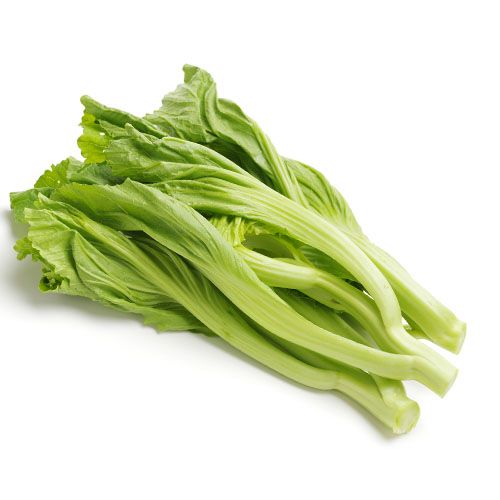
Dietitians are always preaching to eat a wide range of foods to get a variety of nutrients, so it’s time to step up and experiment with zippy-tasting mustard greens if you haven’t cooked them up before. Two cups (which easily wilt down into a manageable portion once sautéed) offer 78 milligrams of vitamin C.
Per two cups, chopped: 30 calories, 0 g fat (0 g sat fat), 22 mg sodium, 5 g carbohydrates, 1 g of sugar, 4 g fiber, 3 g protein
20. Pineapple
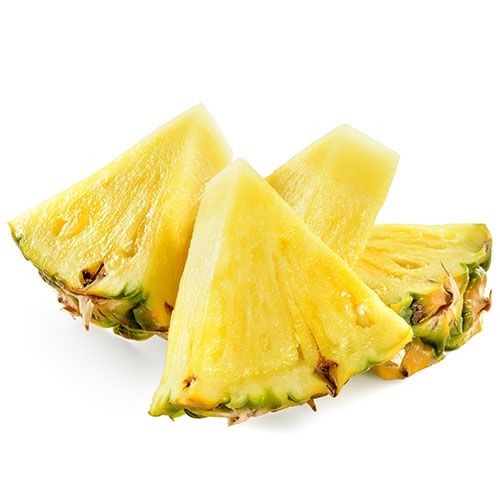
Tropical fruit wins again. One cup of pineapple chunks has 79 milligrams of vitamin C and is also an excellent source of the mineral manganese.
Per cup serving, chunks: 82 calories, 0 g fat (0 g sat fat), 2 mg sodium, 22 g carbohydrates, 16 g of sugar, 2 g fiber, 1 g protein
Source: Read Full Article


